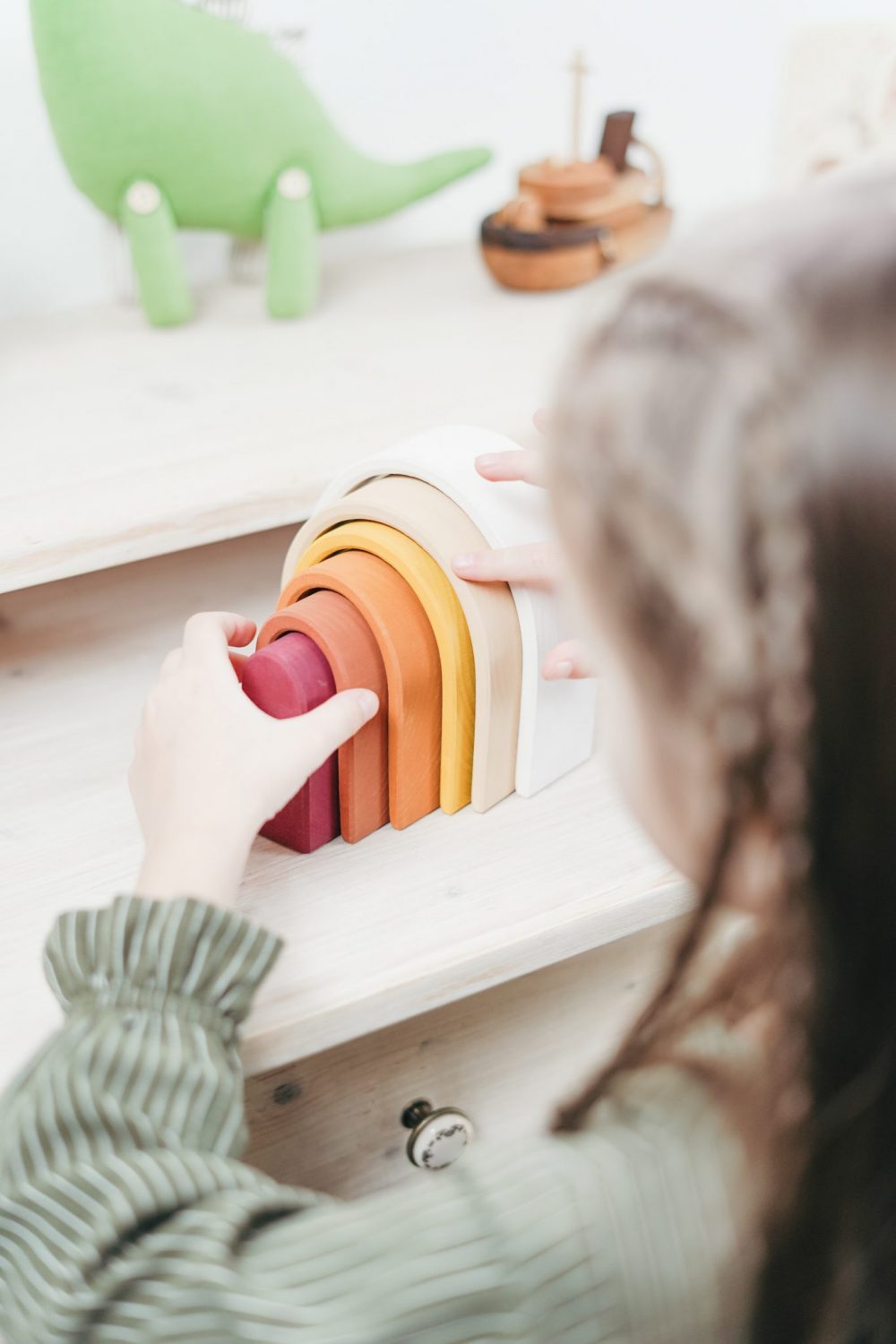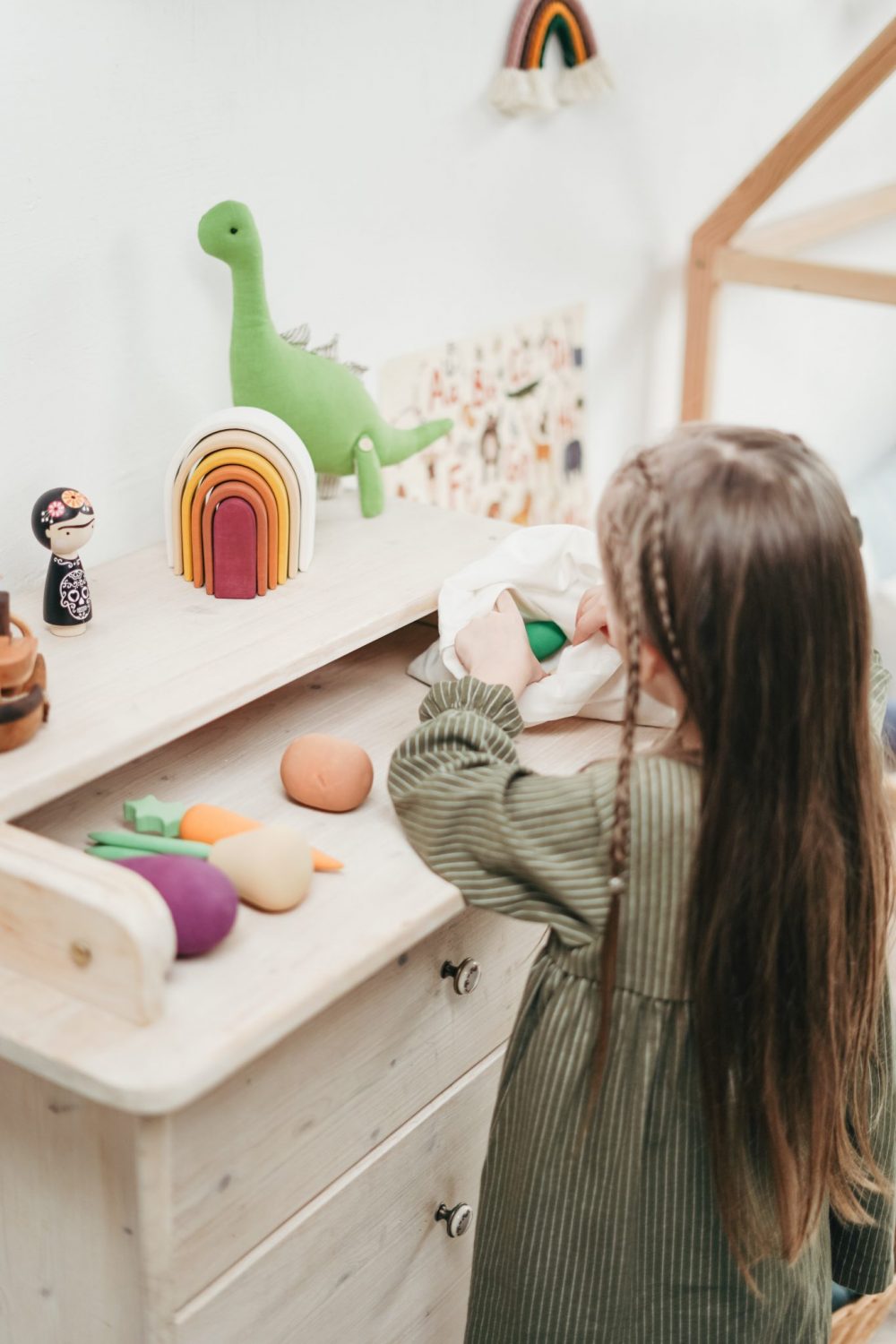"How to start a daycare" is a common query for new parents and those exploring the field of early childhood education. Although the process may seem daunting, with careful planning and research, it is possible to open a successful daycare.
The benefit of starting your own daycare is that you get to be your own boss, set your own hours, and work with children, which can be very rewarding.
All Photos by cottonbro
This How To Start A Daycare in 21 Steps article will provide an overview of why early childhood education is important and how to start a daycare, including finding the right location, gaining licensing, and hiring qualified staff.
How To Start A Daycare in 21 Steps
Why Early Childhood Education Is Important
The first five years of a child's life are critical for their development. During this time, children learn at an incredible rate. They develop the skills they need to succeed in school and in life.
That is why early childhood education is so important. By providing quality care and education during these formative years, we can set children on the path to success.
Early childhood education has been shown to have a number of benefits for children. These benefits include:
- Improved cognitive development
- Enhanced social skills
- Greater academic success
- Increased lifetime earnings
- Reduced likelihood of involvement in crime
In addition to these individual benefits, early childhood education also provides societal benefits. Studies have shown that every dollar invested in early childhood education saves society up to $16 in the long run. This is due to the reduced need for social services, such as special education and criminal justice services.
With all of these benefits, it is clear that early childhood education is a wise investment. By providing quality care and education to our youngest citizens, we can build a better future for us all.
How To Start A Daycare in 21 Steps
Now that we have discussed the importance of early childhood education let's take a look at how you can start your own daycare.
1. Determine the need for child care in your community.
The first step in starting a daycare is to research the demand for child care services in your area. There are many ways to determine if there is a need for child care, such as surveying parents, observing the number of working parents in your community, and contacting local businesses to inquire about employee childcare benefits.
2. Develop a business plan.
After you have determined there is a need for child care services, you will need to develop a business plan. This document should include your goals for the business, as well as how you plan to achieve them. Your business plan should also include an analysis of the competition and market potential.
3. Choose a location.
One of the most important decisions you will make when starting a daycare is choosing the right location. The location of your daycare should be safe, convenient for parents, and have enough space to accommodate the number of children you plan to care for.
4. Obtain the necessary licenses and permits.
Before you can open your doors, you will need to obtain the proper licenses and permits from your state and local government. Each state has different licensing requirements for child care businesses, so it is important to research the regulations in your area.
5. Develop policies and procedures.
After you have obtained your licenses and permits, you will need to develop policies and procedures for your business. These should include guidelines for staff, parents, and children. Your policies and procedures should be designed to create a safe and nurturing environment for the children in your care.
6. Hire qualified staff.
One of the most important aspects of starting a successful daycare is hiring qualified staff. When hiring, be sure to look for individuals who have experience working with children, as well as those who are patient and have a genuine love for children. It is also important to conduct background checks on all potential employees.
7. Purchase supplies and equipment.
Before you can open your doors, you will need to purchase supplies and equipment for your daycare. This should include items such as furniture, elementary worksheets, toys, art supplies, and safety equipment.
8. Advertise your business.
Once you have all of the necessary supplies and equipment, you will need to advertise your business. There are many ways to market a daycare, such as distributing flyers, placing ads in local newspapers, and creating a website.
9. Set up your space.
Before you can start caring for children, you will need to set up your space. This includes arranging furniture, stocking toys and supplies, and creating a safe and welcoming environment.
10. Establish routines.
Routines are an important part of running a successful daycare. By establishing routines for meals, naps, and activities, you can create a calm and orderly environment for the children in your care.
11. Promote positive behavior.
It is important to promote positive behavior in your daycare. This includes setting rules and expectations for the children, as well as providing rewards and praise for good behavior.

Building positive relationships with parents is an important part of running a successful daycare. By staying in communication with parents and keeping them updated on their child's progress, you can create a sense of trust and partnership.
13. Keep detailed records.
Keeping detailed records is an important part of running a daycare. These records should include information on the children in your care, as well as staff performance and finances.
14. Evaluate your business regularly.
Evaluating your business on a regular basis is crucial to its success. This includes evaluating your staff, your policies and procedures, and the overall financial health of your business.
15. Be prepared for emergencies.
No matter how well you plan, there will always be the potential for emergencies. It is important to have a plan in place for dealing with fires, severe weather, power outages, and other potential disasters. By being prepared, you can keep your daycare running smoothly—even during difficult times.
16. Foster a love of learning.
One of the most important goals of daycare is to foster a love of learning in the children in your care. This can be done by providing stimulating activities and opportunities for exploration.
17. Promote physical activity.
Physical activity is an important part of a child's development. By promoting physical activity, you can help the children in your care to stay healthy and fit.
18. Encourage creativity.
Creativity is an important part of childhood development. By providing opportunities for creativity, you can help the children in your care to express themselves and explore their imaginations.
19. Nurture social skills.
Social skills are an important part of childhood development. By promoting positive social interactions, you can help the children in your care to develop the skills they need to interact with others.
20. Make safety a priority.
Safety should always be a top priority in your daycare. This includes ensuring that your space is safe, that all staff are properly trained in first aid and CPR, and that you have a plan in place for dealing with emergencies.
21. Be patient.
Running a successful daycare takes time, patience, and dedication. By staying focused on your goals and taking things one step at a time, you can create a thriving business that provides quality care for the children in your community.
There You Have It
Starting a daycare can be a rewarding and challenging experience. By following these 20 steps, you can set up your business for success. From advertising your daycare to establishing routines and promoting positive behavior, you can create a safe and nurturing environment for the children in your care.











Leave a Reply